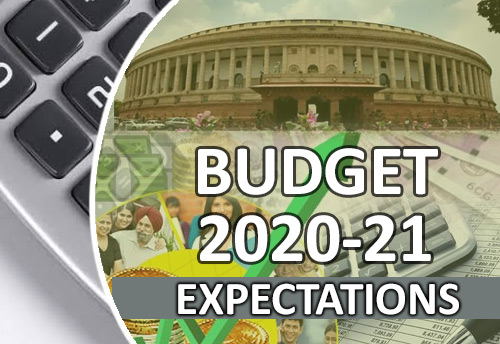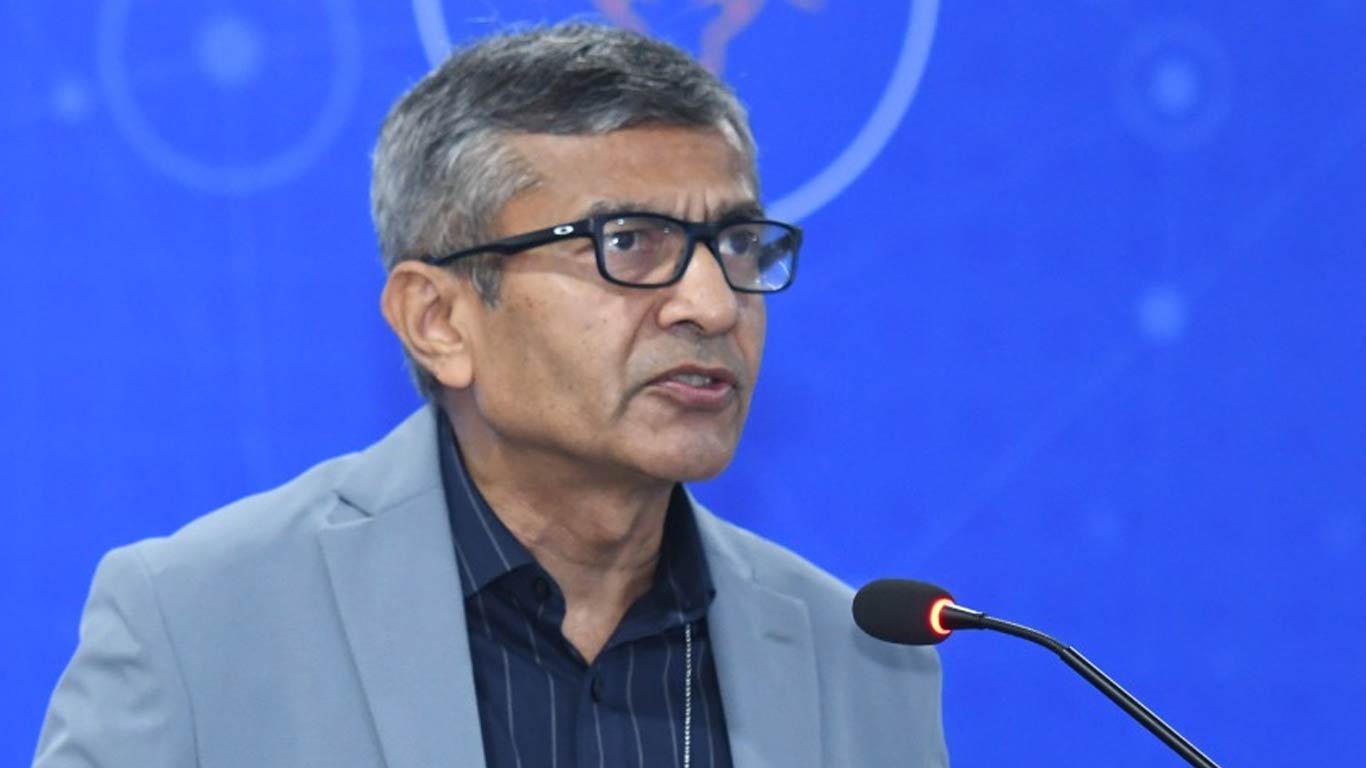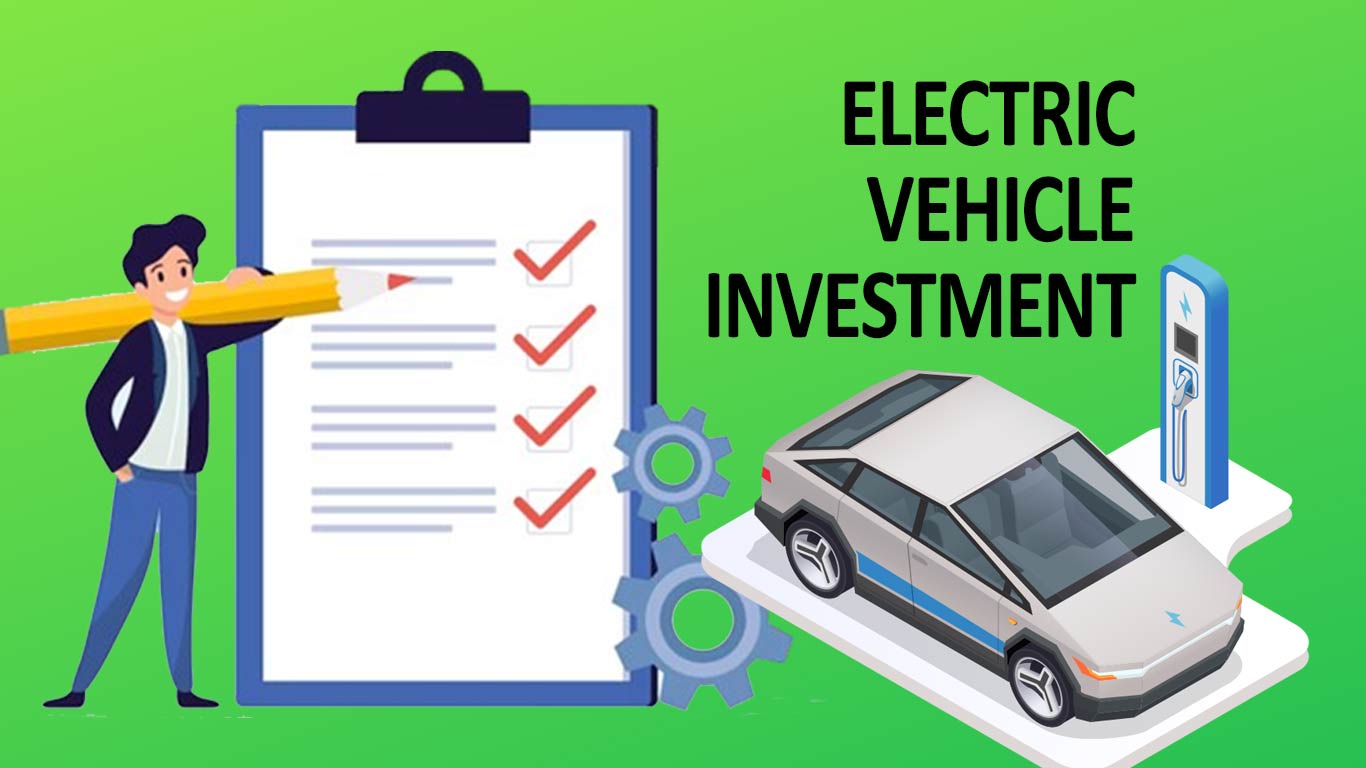Budget expectations from India Inc
Updated: Jan 31, 2020 12:18:29pm

Budget expectations from India Inc
New Delhi, Jan 31 (KNN) As the countdown has begun for the Union Budget 2020-21, the atmosphere among Indian industries and general public is full of anxiety.
Apprehensions about the declining growth rate, stagnating domestic demand, tumbling private investment, jobs crisis and rising inflation have set the tone for the present economic discourse.
Here are some of the Pre Budget Expectations from numerous industries and sectors.
FIA Global:
“FIA Global, a leading fintech company in digital payment and distribution systems for last mile financial inclusion in Indian and Nepal, would like the government to outline solutions to support fintech startups. With this budget, we expect that the government in the 2019 Union Budget will introduce measures to ease working capital blockages, with possible reduction in compliance burden.
Fintech companies expect this government to come up with measures to ease out the funding procedure and wants them to increase reach of already available government funds under the corpus such as Financial Inclusion Funds. We also believe that like in past, the government’s focus will be on deepening financial inclusion and formulate policies to strengthen the PMJDY program. Digitising the cash ecosystem, easing MSME lending especially allowing alternate lending models and focus on removing barriers to adoption of mutual funds and insurance will be key focus areas. We also hope with this budget a special focus on areas like artificial intelligence, Robotics etc.” – Seema Prem, CEO and Co-Founder, FIA Global.
Indian Metals & Ferro Alloys Limited (IMFA):
“I look forward to a budget which supports ongoing economic recovery through measures to stimulate demand such as personal tax cuts for the lower / middle income groups and infrastructure spending. Further, in continuing with ‘Make in India’ theme, domestic value addition of minerals should be incentivised. Finally, it is also very important to ensure adequate credit flow to industry and transmission of rate cuts.” - Subhrakant Panda, Managing Director, IMFA.
SBI General Insurance:
The Indian insurance industry is at an inflection point. Having shown a considerable improvement in almost all areas over the last few years, the industry is all set to play a major role in bridging the vast “protection gap” of that exists in the country today. A workforce that is increasingly getting younger, higher life expectancy, greater awareness, better disposable income and savings will drive demand for almost all insurance products, especially motor and health insurance.
Considering the growing incidences of NatCat across the country, the government could consider a universal CAT cover which is funded by the government for the BPL category from the National Disaster Relief Funds while for all others, the premium could be built into their property taxes. This will seed ‘social insurances’ which will help achieve a reduction in uninsured losses, making available capital for the reconstruction and free the Govts from footing relief bills during natural disasters. This would help in minimizing the protection gap and increase the overall insurance penetration- Pushan Mahapatra, MD & CEO of SBI General Insurance
Dvara KGFS:
“The government measures to provide partial credit guarantee to PSBs for asset purchase having a minimum pool rating of BBB+ and doing away with the requirement of Debenture Redemption Reserve for issuing public NCDs has really benefited the NBFCs. The revised PSL guidelines by RBI enabling NBFCs to have access to PSL funds to lend to small business and agriculture activities has helped the NBFC sector to access more bank funds for growth and we hope that the facility continue till the liquidity stress is eased out. We are hoping that government comes up with more structural reforms to strengthen the bond market and continuous liquidity requirement of the NBFC sector.” Mr. Joby C O, CEO, Dvara KGFS.
Anmol Feeds Pvt Ltd:
The newly formed fisheries ministry is already drafting an INR 45,000 crore budget for the next five years that would cover all aspects of fishing. Fish is the highest and easiest profit-making commodity and it is a sector that can provide employment. Returns are almost guaranteed in fish farming. At least, for the next five years this sector will not see any setback. Hence, an overarching policy that would promote marine fishery, aquaculture and mariculture will be favourable for the sector. The livestock sector has been incurring losses from the past year due to shortage of raw materials, especially maize and soya. The Government should allow import of Genetically Modified maize and soya for feed manufacturers which will help to bring down the price of the raw materials considerably and in order make feed more affordable to farmers. Also, it will be useful, if under the Export Promotion Capital Goods scheme, a waiver is given to shrimp/fish feed plants on retrospective basis against the import of equipment- Amit Saraogi, Managing Director, Anmol Feeds Pvt Ltd
Yogesh Bhatia, Founder, and MD, Detel:
"In order to increase the penetration of LED Television in the country, we urge GOI to introduce entry-level GST Slab for TV i.e. 5%-10%. This move will certainly impact the sales of TVs in India with the affordability aspect and hence making Television a mass product.
Also, recently we have been invited at Government of Haryana's Pre-Budget Consultation 2020-21, where Honorable Haryana CM, Manohar Lal Khattar has acknowledged our suggestion for Budget 2020 and have also appreciated Detel's vision of connecting 40 crore Indians."
Mohit Poddar, CEO & Co-Founder, Shoes on Loose:
"Any reduction in GST will give Philip to small travel agents. I hope that the government will bring necessary provisions to accommodate four different slabs under 'One GST Rate' in this 2020 budget. We expect the government to also reduce the GST on domestic hotels and start more direct flights to places like Bali, Thailand. While the tax ratio has benefits to inbound operators to grow in the inbound market, the government can also look at setting up startup funds for travel agencies.
For budget 2020, the government should create a licensing system to boost revenue and create an entry barrier. Moreover, with this budget, the Union government should take initiatives to encourage hiring in the sector by simplifying the processes.".
Munira Savai, Country Manager, QAD India:
"With the implementation of GST and new policy announced around E-Invoicing, the government has demonstrated that its values technology led governance for transparency and efficiency. Over a period of time, digitization has gained its rightful importance focusing on ease of doing business.
For budget 2020, the government needs to show commitment to support the manufacturing sector by introducing favorable policies and also investing in Infrastructure. Further, incentivizing the use of emerging technologies like 5G, IoT, AI, etc. for the development of a strong and resilient domestic Manufacturing Sector is imperative. Also, in the forthcoming budget, the government can plan to embrace and adopt disruptive technologies to enhance efficient governance with e-citizen services"
"There are no incentives, benefits and support for the existing MSMEs in the manufacturing sector. From the budget, we expect that the Government should create a business friendly environment by giving tax credits, free land, worker training, low interest loans,infrastructure improvements and help fast tracking licensing and permitting. The Government should also support in terms of sponsoring our sectors' exposure to the International markets. The Government's initiative to promote Make in India can only be possible when the government starts funding which will help us as a sector to represent Indian manufacturers".
Deepak Mittal, CEO & Co-founder, TO THE NEW:
“We eagerly await the Budget 2020 expecting the government to focus on overall economic growth and by taking measures to continue positioning India as the IT epicenter of the world. We expect new policies promoting IT innovations by pushing relevant initiatives, making innovative and bold policy interventions to propel the process of digital adoption across varied sectors.
There’s no denying that Digital innovation is an important building block for India’s future growth. Thus, nurturing new-age tech, improving the quality of talent, and enabling start-ups must be on the agenda of this government. The government can strengthen R&D by providing tax incentives to technology start-ups in the Budget to enable India to draw level with the world.
It is important to note that the amount of data being created and stored across industries continues to grow at unprecedented rates. The government, therefore, must also intervene and play a role in the protection & management of this data.”
Jithendra Vummidi, Managing Partner, Vummidi Bangaru Jewellers:
"We urge the government to reduce taxes for individuals as more money in their hands will boost the economy. Bring the taxes down to 10 per cent to 15 per cent every Indian will prefer paying the tax rather than evading. More spending will result in the wheel of economy churning and then eventually lead to higher GST collections and a winder base for income tax. Clean up measures have been undertaken, now it is time to reduce income tax rates. We don’t need to look outside for funds they will be plenty available within. please consider the long term capital gain in gold to be nil in case it is exchanged for equivalent amount of gold jewellery. This would help the tax payers and ease the compulsion on income tax. Finally, if possible bring down the customs duty rate where illegal smuggling will be unattractive this will lead to keeping all gold treasures within the system."
Vineet Arora – MD and CEO-Aegon Life Insurance:
The insurance sector plays a critical role in an economy by securing future earnings of individuals and companies and enabling a balanced risk transfer, thereby protecting the GDP of a country. However, in India, this vital role and extent of insurance is both under served and under achieved.
According to the Insurance Regulatory and Development Authority of India(IRDAI), the protection gap difference between insured losses and economic losses in the country is between 70-80 per cent, and the overall insurance penetration at 3.7 per cent of the GDP. A recent report by Lloyd’s of London estimated that India has the second largest insurance gap in the world of $27 billion after China which has an insurance gap of over $76 billion.
Given this huge protection gap and its potential impact on the nation, we would like to see the Government incentivising purchase of Term Plans (‘Risk of living to short’) and Annuities (Risk of‘Living to long’) further in the forthcoming Budget.
Hiking tax exemption on Term Plans: Since term plans are priced efficiently and economically, providing more incentives – such as a separate rebate of Rs. 25000 to buy Term Plans – would certainly induce many of the under-insured to secure themselves. At present, the maximum tax exemption, provided under Section 80C of the Income Tax Act, is Rs. 1.5 lakh. Such a step would be helpful for younger population who are joining the national workforce to cost effectively avail a life insurance plan.
Cut in Stamp Duty on Term Plans: Simultaneously, the burden of buying a Term Plan must be lessened by reducing the Stamp Duty on the same.
A case for tax-free annuities: Given the overall economic volatility and its impact on retirement savings, the Government must use this Budget as an opportunity to encourage financially sound retirement plans by making all annuities (upon maturity of a policy or pension fund) tax free.
As per current tax implications, only one-third of the corpus that is distributed to the retiree (after reaching the retirement age) by the pension plan is tax-free; the rest is . The rest, distributed as an annuity, is subject to taxation depending on the retiree’s tax rate at the time of retirement. Thus, annuities are taxed in such a way that the principle amount also gets taxed.
The industry believes that solving this anomaly would encourage citizens to buy annuities as the most reliable step towards retirement.
Rahul Jain, Head, Personal Wealth Advisory, Edelweiss:
As India braces itself for its maiden mega financial event of the New Year – Union Budget 2020, all the eyes will be on Finance Minister Nirmala Sitharaman on 1st February 2020, when she tables her second Budget in the Parliament.
The Budget comes at a time when the Indian economy is facing a severe slowdown, with GDP dropping to 4.5% in the July-September quarter of 2019-20. With five back-to-back quarters of lower economic growth, the dream to achieve a USD 5 trillion economy by 2024 will take a Herculean effort.
Need for focussed efforts between policymakers and stakeholders. The Government, facing challenges on domestic and international fronts, is well-aware of gravity of the task on hands, and has called for focused efforts between policymakers and stakeholders to achieve its target. The efforts are required to resist slump of the core sectors of the economy, boost consumption and fillip investments.
Arun Arora, Centre Director, Phoenix Marketcity, Pune:
India is reigning supreme as one of the youngest nations with the oldest heritage. We are a bag of diverse cultures and philosophies, but when it comes to the finances, we stand united in spending and savings. Hence, the expectations from this budget are a few significant receivables from the Finance Minister. It is felt that to give a boost to the economy, it is important to encourage consumption, it keeps the market high on liquidity and the money continues to roll. Having said that, it is imperative that the spending power of an individual (salaried) is enhanced, it is thus expected that the standard deduction limits be raised and taxable income slabs are modified to enable take home monthly salaries to go up. Similarly, micro families, double income no kids, having high disposable income, need more investment opportunities without having to worry on capital gain tax. I would also like to urge the Hon'ble FM to present stamp duty, registration and tax holiday to give the desired upliftment to the stressed real estate sector. It is going to go a long way!”
Saumil Majmudar, Co-Founder, CEO & MD, Sportz Village:
“Sports has been an essential part of a child’s education and vital for the all-round development of children. While various government schemes constantly promote sports across schools and communities, GST rates for services that enable children to play and provide them holistic education are currently clubbed with luxury items and should undergo a much-needed revision. Moreover, in the current scenario, when there is a lack of safe play-spaces in many cities, schools are the only place where children have the opportunity to play. Therefore, tax breaks should be given to schools that give out their facilities to neighborhood communities for sports. These changes in the budget will help develop a healthier and fitter India.”











